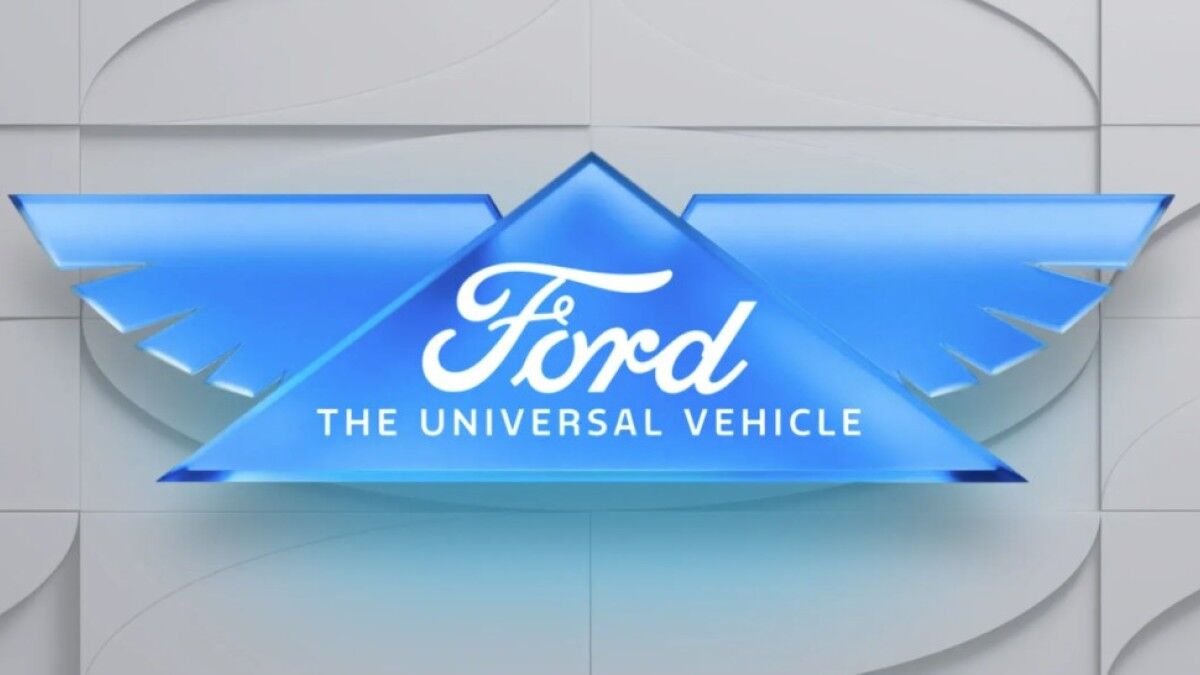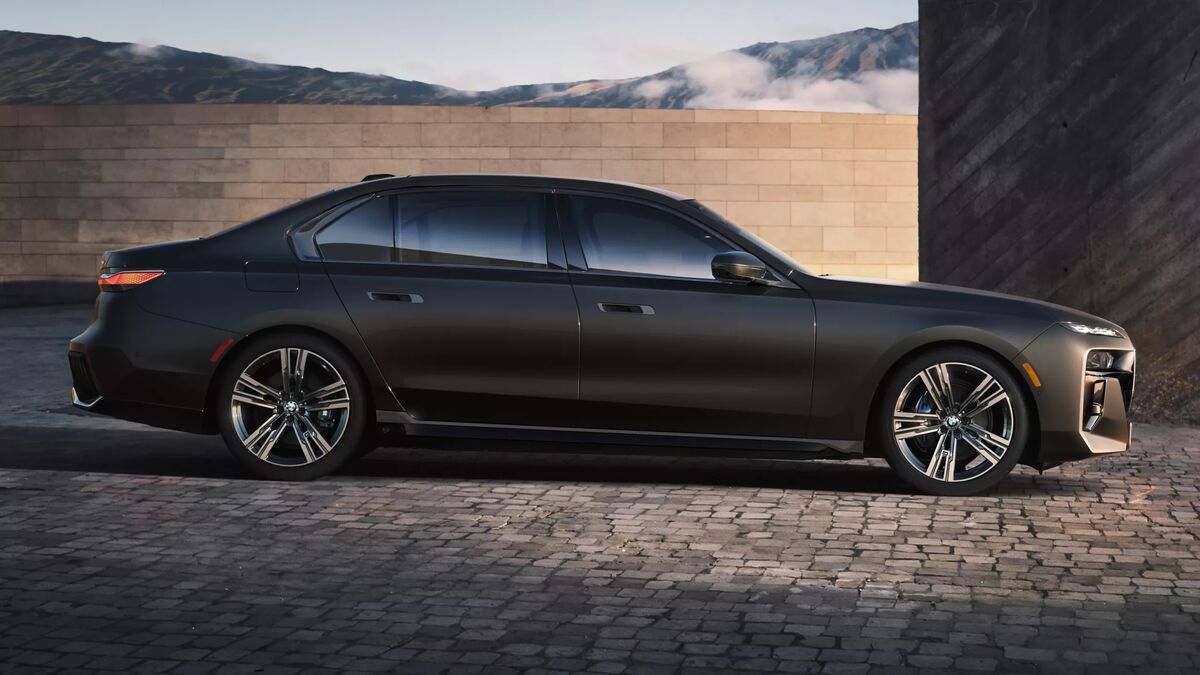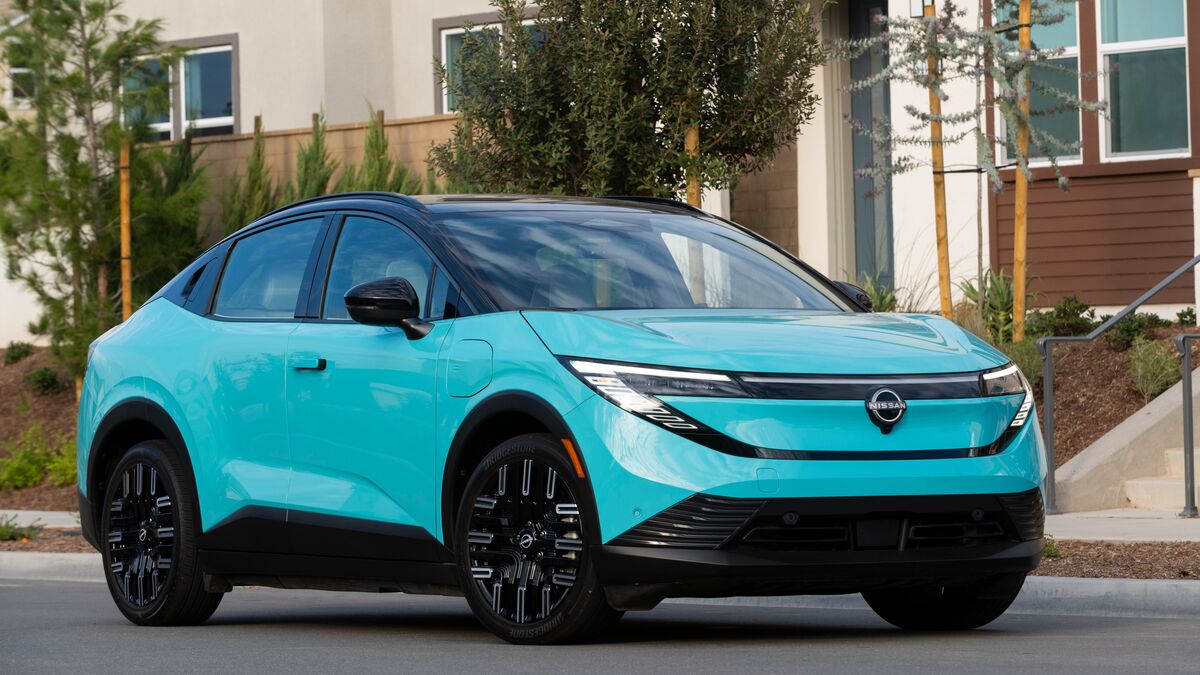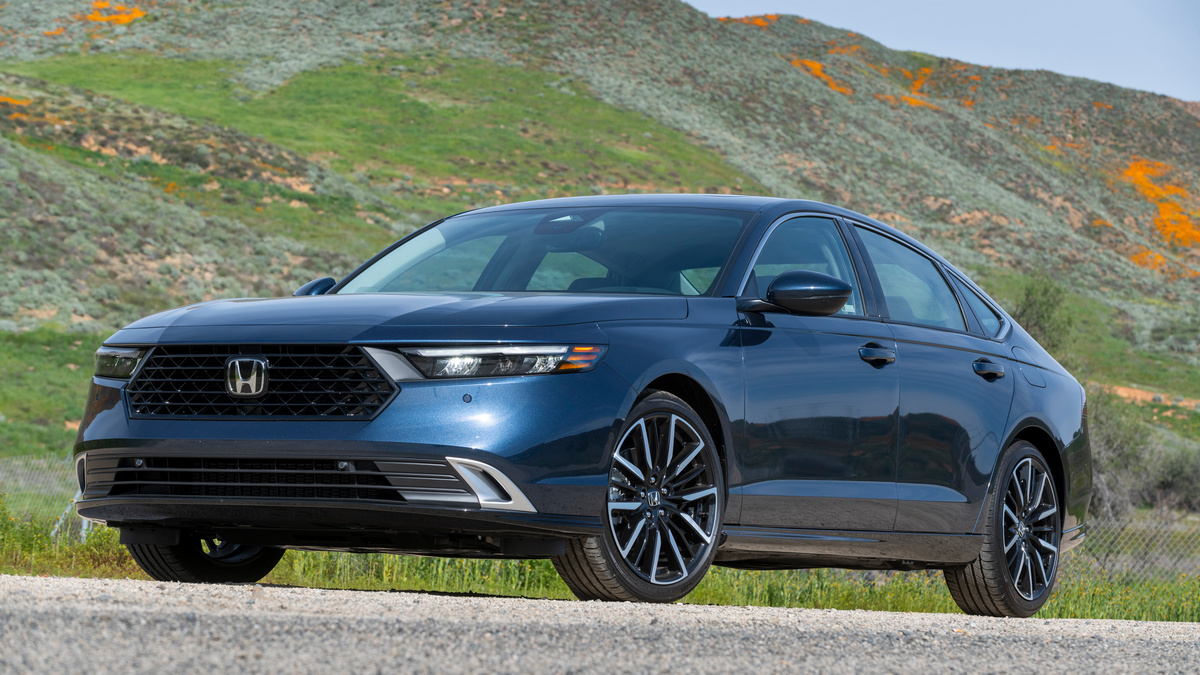- Ford today announced a new platform that will power a lineup of inexpensive electric vehicles
- The first of the group will be a midsize pickup with more interior space than a Toyota RAV4
Ford today announced a flexible new platform that will let it build electric vehicles (EVs) in many styles at lower prices than it offers today. The company will build its new EVs entirely in the U.S., starting with a midsize pickup with a target price of $30,000.
They’ll use lithium iron phosphate (LFP) batteries that cost less than the nickel manganese cobalt batteries common in most EVs today.
CEO Jim Farley promised “a platform founded on relentless efficiency,” with “endless configurability, priced for possibility, easy to own, low maintenance, and fun to drive.”
Few Details on the Truck
- Executives promised “amazing range” and new technology, but offered no details or images
The company didn’t reveal the actual truck today. It showed footage of factory employees reacting to the sight of it. Farley said it would offer more interior space than a Toyota RAV4, but with a usable bed and a frunk (front trunk).
Executives promised that even affordable models would use Ford’s BlueCruise hands-free highway driving system.
Farley said the truck would be faster than a turbo Mustang, offer an “amazing range,” and be capable of powering a house for up to six days in a blackout. He promised a “brand-new digital experience” powering cabin technology.
Industry rumors suggest the truck could resurrect the name Ford Ranchero, though executives have not confirmed the name.
Leaning on History
- The company is calling the project a new Model T, and even resurrecting an old logo
Few automakers have a legacy as rich as Ford, but the company rarely taps into its origin like it did today.
CEO Jim Farley spoke beneath a modified logo the company last used more than 100 years ago. Back then, it showed a winged pyramid over the phrase “the universal car,” referring to the Model T platform that could be bought as a sedan, coupe, pickup, or delivery wagon.
Today, the logo reads “the universal vehicle.” That refers to the new Ford Universal Electric Vehicle Platform.”
Executives repeatedly called back to the Model T, a car built from 1908 until 1927 that historians largely credit with bringing affordable vehicles within reach of the American middle class for the first time.
Ford Adopts Tesla-Style Unicasting
- Ford will build the vehicles from just three large modular parts
Ford will build the new vehicles using a process Tesla pioneered. Tesla calls it “gigacasting.” Ford has gone with “unicasting.”
Traditionally, automakers assemble thousands of smaller cast body and frame pieces into a finished car with thousands of fasteners. Ford will instead cast just three large parts and assemble those.
Executives said the simplified casting process eliminates three-quarters of the parts used in the traditional construction method, uses fewer than half the fasteners, and results in a quiet, smooth ride.
Setting Sights on China
- Executives were blunt that the project is a gamble, but said it’s aimed squarely at Chinese rivals
The American automotive industry has spent much of 2025 retrenching, moving back into gasoline-powered cars and trimming its expectations for EVs. That has many industry analysts worried, as EVs are now nearly a quarter of new car sales outside the U.S. but less than 8% inside.
Experts worry that American automakers will fall behind their global competition if they don’t learn to build affordable, appealing EVs.
Farley spoke directly to that issue, citing global EV leader BYD as Ford’s new competition. The company launched an internal “skunkworks” team three years ago to design a new low-cost platform to compete with affordable Chinese EVs.
However, Ford plans to build the project entirely in the U.S., with batteries made in Michigan and vehicles finished in Kentucky.
Farley admitted the project is risky, saying, “I can’t tell you with 100% certainty that this will all go just right. The automotive industry has a graveyard littered with affordable vehicles,” he noted.








